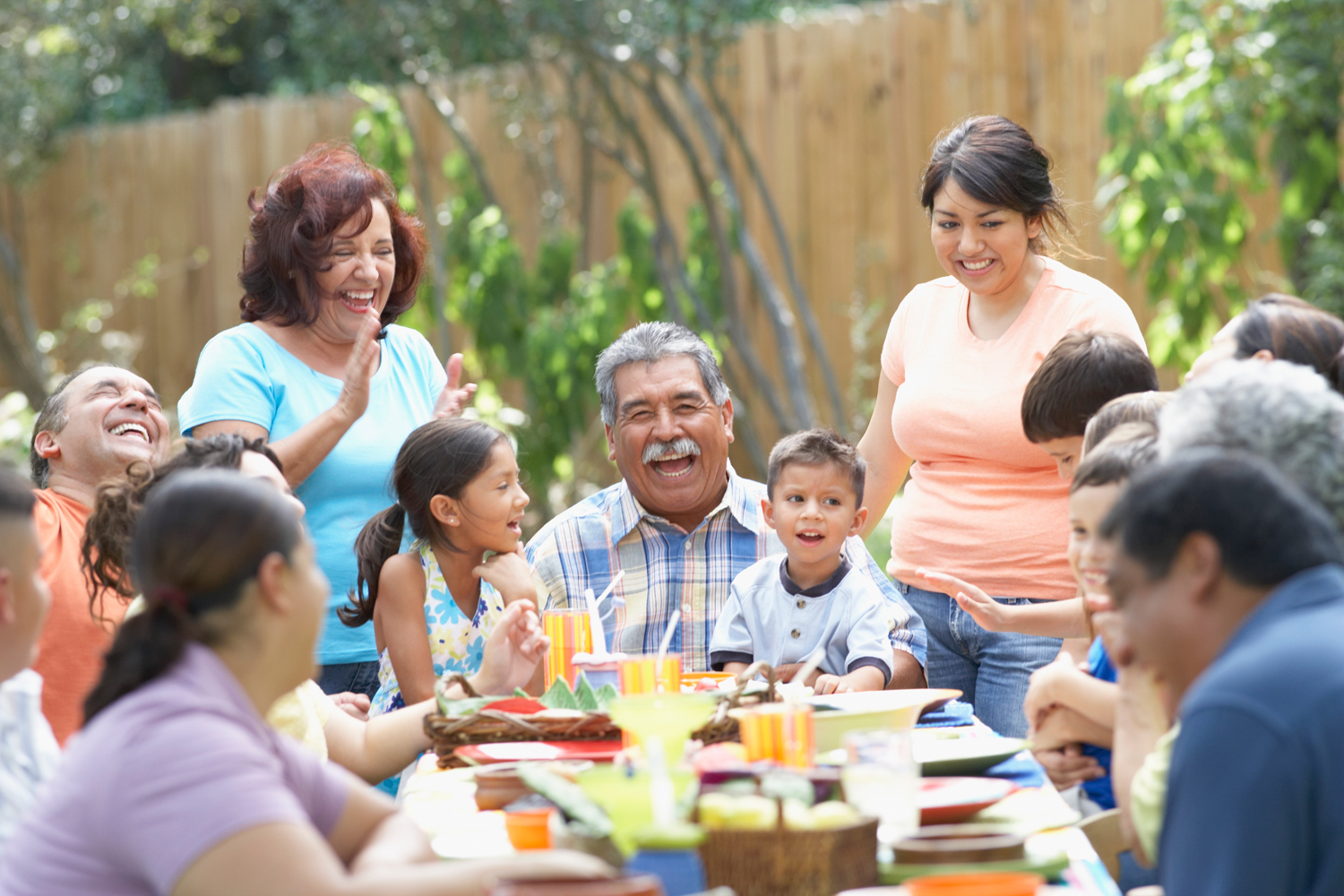
Hester Hill Schnipper Photo courtesy of Beth Israel Deaconess Cancer Center
MANY OF US REMEMBER IMPORTANT DATES from our cancer experience. These times can include the day you had a worrisome mammogram or when you were first told about your diagnosis.
There may be other dates you remember, including when you had surgery, or started and completed chemotherapy or radiation. If your cancer recurred, that day may also stick out. And sometimes the best indication that things are going well is when you forget a cancer milestone anniversary until a few days after the date has passed.
These days, as they approach and pass, can come with a lot of mixed emotions, but you can choose to honor moments in a way that’s singularly your own. For example, some cancer centers have a tradition of asking patients to ring a bell after a final treatment. Some people love this celebration; I admit that I do not. I am somewhat superstitious and unwilling to draw the universe’s attention to myself. I also know that certain people within earshot of that bell may never finish treatment, and it feels unfair to remind them of others’ better luck.
Each of us needs to strike the right tone for ourselves when it comes to marking these complicated milestones. Here are some suggestions for marking these moments:
1) Have a special dinner with your family or close friends. Raise a glass to being alive, well and together.
2) Get outside and spend time someplace beautiful in the natural world. The best reminders of life’s gifts often come in the form of forests, beaches or stars.
3) If you are completing treatment, think about ways to move on. Clear all the cancer books and supplies out of the bedroom and put them into storage—or better yet, donate them. Drop breadcrumbs into the water at the beach or a nearby stream. With each crumb, think or say aloud what you are discarding: sadness, fear, nausea, appointments or neediness.
4) Send a note to someone in your life for whom you are grateful. Tell him or her why.
5) Send another note to your doctor, nurse or other caregiver who helped you.
6) Donate to a charity or cancer organization you admire.
7) Savor every second of new milestones: important birthdays or anniversaries or your child’s graduation or wedding day. There were times when you didn’t know if you would be there, but you are.
8) If you have lost friends to cancer, take a moment to remember them on days that may bring them to mind, such as birthdays or anniversaries of their deaths. Consciously honor them by living your best life, and don’t take anything for granted.
9) Talk about cancer-related dates and milestones from the past with family members and close friends. They are likely to reflect on their experiences with you as well.
10) Note that every date on the calendar is just a day—no matter the meaning we assign to those 24 hours. Taking time to reflect gives us space to honor how far we’ve come—and acknowledges the hope of days to come.
Cancer Today magazine is free to cancer patients, survivors and caregivers who live in the U.S. Subscribe here to receive four issues per year.





